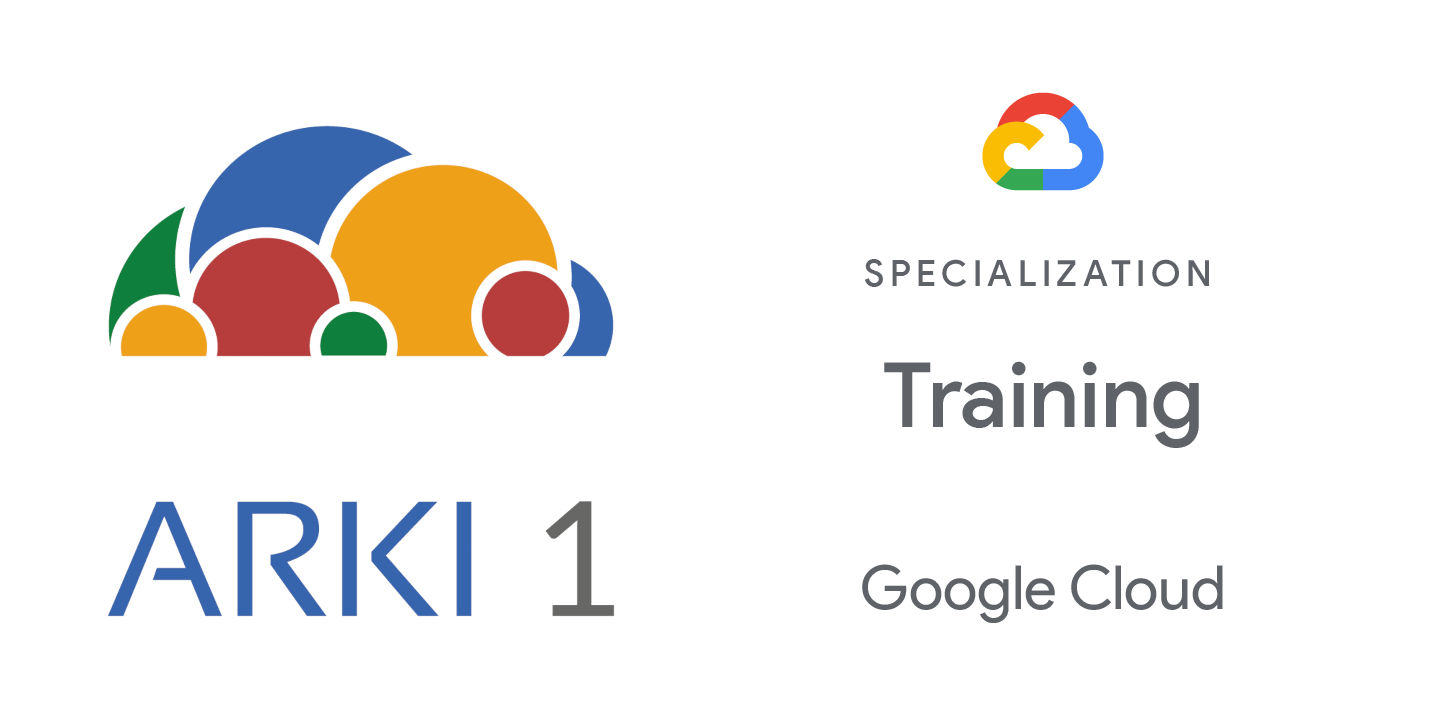The purpose of this course is to help qualified people develop the confidence to take the exam and to help those who are not yet qualified to develop a preparation plan.
Objectives
In this course, participants will learn the following skills:
- Positioning of the Professional Data Engineer certification
- Information, tips and suggestions for taking the exam.
- Review of case study examples
- Review of each section of the exam that covers concepts at a level sufficient to generate confidence in the candidate’s knowledge and indicate gaps in skills and other areas of study, if unknown
- Appropriate learning resources for each candidate.
Audience
This class is aimed at the following audience:
- Individuals preparing for the Professional Data Engineer examination.
Prerrequisites
To make the most of this course, participants must meet the following criteria:
- Have knowledge and experience with Google Cloud equivalent to the Data Engineering course
(recommended, not mandatory)
Duration
8 hours (1 day)
Investment
Check the next open public class in our enrollment page.
If you are interested in a private training class for your company, contact-us.
Course Outline
The course includes presentations, demonstrations and hands-on labs.
- Position the Professional Data Engineer certification among the offerings
- Distinguish between Associate and Professional
- Provide guidance between Professional Data Engineer and Associate Cloud Engineer
- Describe how the exam is administered and the exam rules
- Provide general advice about taking the exam
- Designing data processing systems
- Designing flexible data representations
- Designing data pipelines
- Designing data processing infrastructure
- Building and maintaining data structures and databases
- Building and maintaining flexible data representations
- Building and maintaining pipelines
- Building and maintaining processing infrastructure
- Analyzing data and enabling machine learning
- Deploying an ML pipeline
- Machine learning terminology review
- Operationalizing Machine Learning Models: Exam Guide Review
- Modeling business processes for analysis and optimization
- Designing for security and compliance
- Performing quality control
- Ensuring reliability
- Visualizing data and advocating policy
- Ensuring Solution Quality: Exam Guide Review
- Debrief
- Preparation Resources


